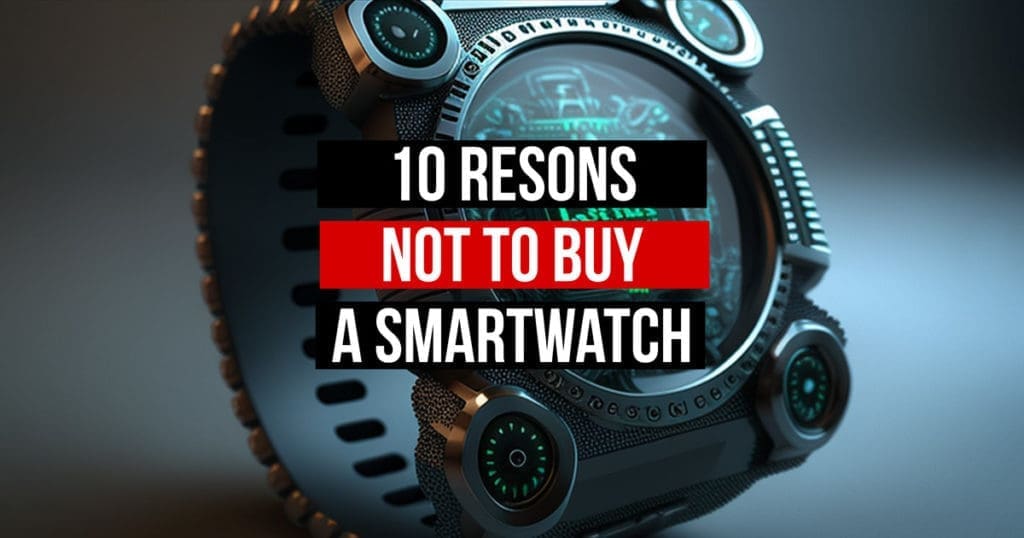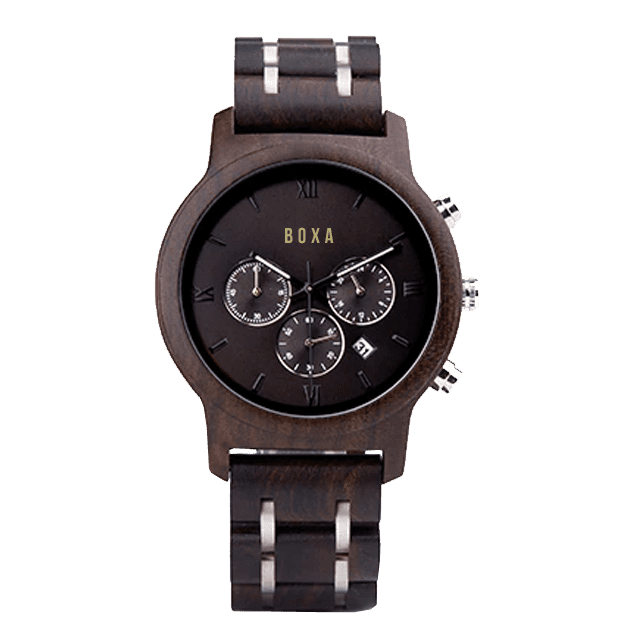SmartWatch
10 reasons NOT to buy a smartwatch
10 Resons NOT to buy a Smartwatch
Smartwatches have become ubiquitous in modern society, allowing people to track their fitness, stay connected, and enjoy a host of other useful features. However, the rise of these wearable devices has also led to an increase in privacy and security concerns.
Smartwatches often collect sensitive data, such as health information, location data, and biometric data, which can be vulnerable to hacks and breaches. Additionally, the always-on nature of smartwatches means that they can be used to track an individual’s movements and monitor their conversations without their knowledge or consent, posing a serious threat to personal privacy.
Here are 10 reasons why you might want to reconsider purchasing a smartwatch:
Data Collection:
Smartwatches collect a vast amount of personal data, including your location, browsing history, and health information. This data can be used for targeted advertising or sold to third-party companies without your consent. Read more
Hackability:
Smartwatches can be hacked, giving attackers access to your personal data and potentially sensitive information, including your health and financial data. Read more
Unencrypted Data:
Smartwatches often use unencrypted wireless connections, making it easier for hackers to intercept data and steal your personal information. Read more
Phishing:
Smartwatches can be used to send and receive emails and text messages, making them susceptible to phishing attacks that can steal your personal information. Read more
Lack of Security Updates:
Unlike smartphones and computers, smartwatches often lack regular security updates, leaving them vulnerable to known security flaws. Read more
Dependence on Smartphone:
Many smartwatches require a smartphone for connectivity and functionality, which means that your watch’s data is also at risk from your phone’s vulnerabilities.
Battery Life:
Smartwatches typically have shorter battery life compared to traditional watches, which can make them vulnerable to attackers who can exploit a drained battery.
Tracking:
Smartwatches often come with built-in tracking features that can be used to monitor your activity, location, and health. This can be concerning if this data falls into the wrong hands. Read More
Physical Access:
Smartwatches can be lost or stolen, giving anyone with physical access to your watch the ability to access your personal data. Read more
Lack of Privacy Controls:
Smartwatches often lack adequate privacy controls, leaving users with limited ability to protect their data. Read More
While smartwatches offer many convenient features, they also pose significant privacy and security risks. Before purchasing a smartwatch, it’s important to consider the potential risks and take steps to protect your personal data. If privacy and security are a top priority, you may want to consider a traditional watch, a wood watch or a smartwatch that is specifically designed with security in mind.
For those who prioritize their privacy and security, a wood watch can be a stylish and secure alternative to a smartwatch. Made from natural materials, wood watches offer a more sustainable and eco-friendly option, while also providing a level of security that smartwatches cannot match.
With no internet connection or built-in microphone, wood watches offer a higher level of privacy, ensuring that your personal data and conversations remain private. Plus, with their timeless and elegant design, wood watches can make a fashion statement while also protecting your personal information from prying eyes.
























